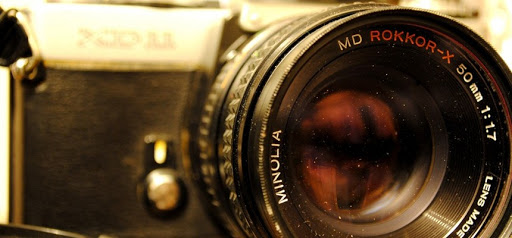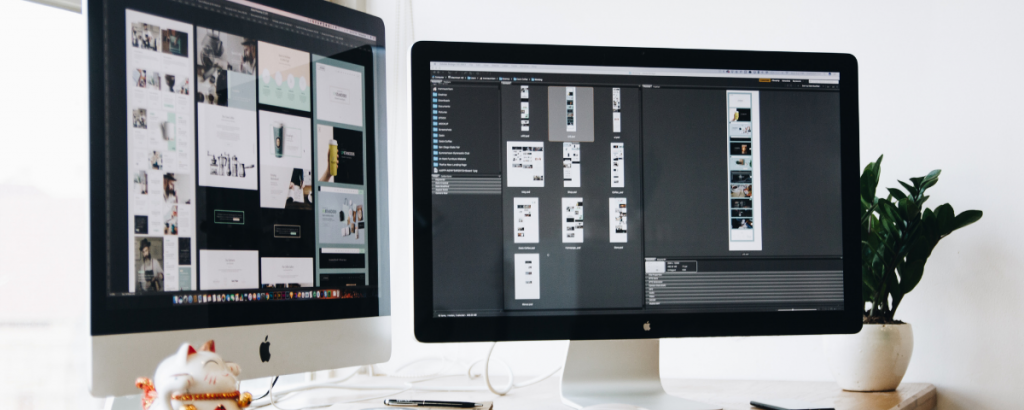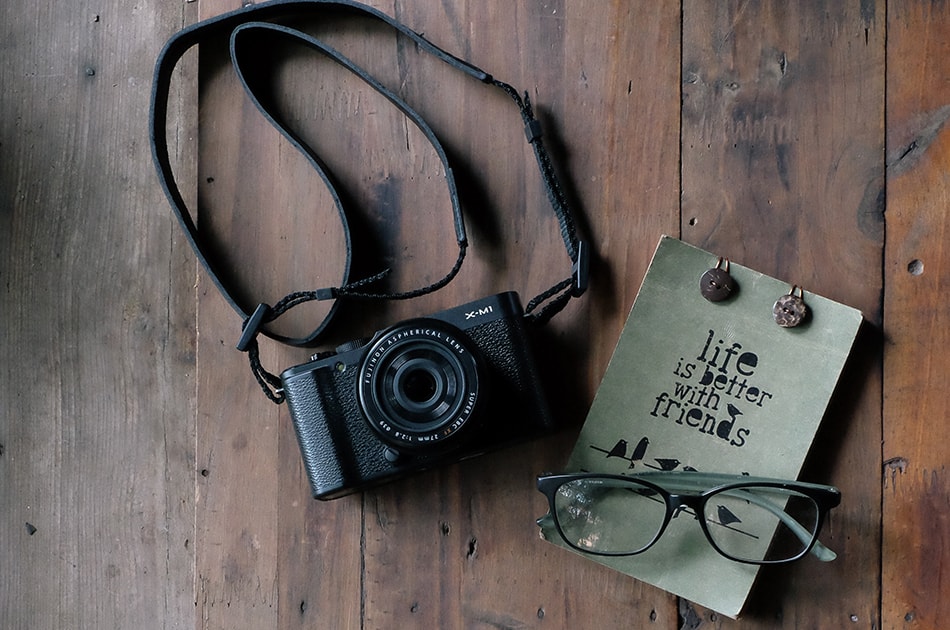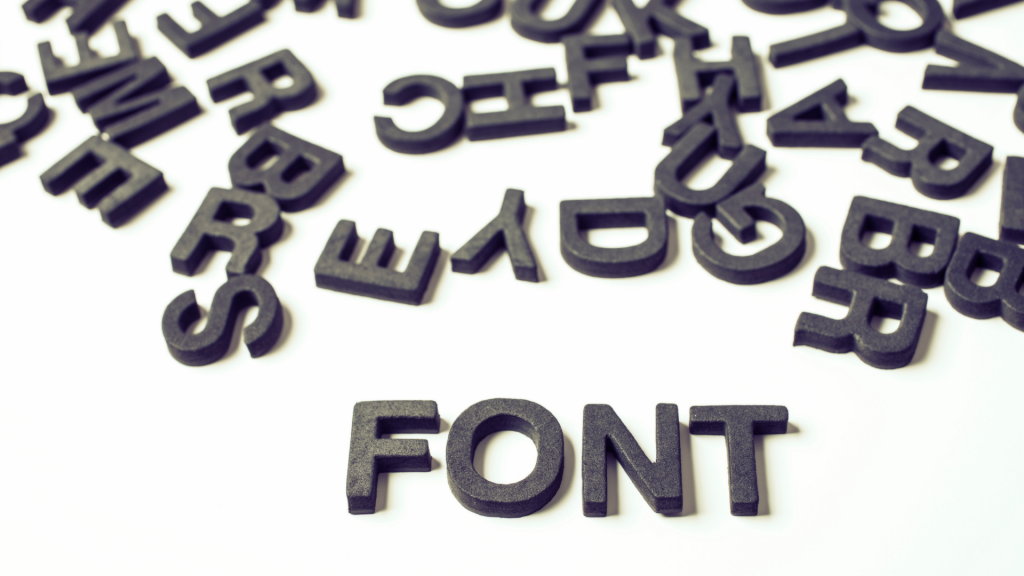I can vividly remember my early days taking some photos. I was ten years old, and my father had just handed me his camera so that I could take a shot of him and my younger brother Jeremy at some water fountain in Bermuda. All I can remember is that using my father’s camera at that time was such a pleasure. I took a couple of them anyway. I did not know what I was doing, and I am sure that they were lousy.
Decades later, I still did not know what it takes to take good pictures. All I did was point the camera at someone, press the shutter, and have them in the film. I kept the ‘good’ ones and trashed those that did not seem appealing. I was a long way off becoming the Personal Branding photography expert I had once hoped to become.
After moving to North London in the fall of 2003, still playing with photography while exploring the city, I fell in love with photography. And here are some critical takeaways from playing photography. I hope you learn something.
The Hands-On Approach to Learning Is the Best
After getting to London and falling in love with my new hobby, I sat in my room for a couple of days, trying to learn some photography fundamentals. And still, I had a feeling that something about photography was not clear to me. Luckily, in the search for knowledge, I found myself at a small hands-on photography workshop. This was my turning point – the camera was no longer a gadget but part of me. I have also attended a couple of hands-on workshops and would gladly say that it is undoubtedly the best way to master any piece of art.
You Need a Community to Learn
For the large part of my photography exploits, I have never thought that I needed a community around me to thrive in photography. And this does not mean family or friends. You need people who share similar interests. In my case, attending conferences, workshops, or networking events on photography was more important than learning online or reading books. While I never saw the need to have a community around me, my short stay in North London made me understand why such groupings are catalysts for growth. I moved from just being an enthusiast to someone who would attract clients and get gigs in less than a few months.
Equipment Does Not Matter
At first, the notion that equipment did not matter never made any sense. I ignored this for some time until I came across some seasoned photographer who used a simple camera and could still get premium gigs. Through my observation and interaction with other photographers, I realized that breaking the bank to get the best camera was secondary. What they valued was their ability to pick up critical moments at the right time. This made me shift my focus from what I did not have to what I could see. With time, I was able to get some high-paying gigs, and in a couple of months, I went for the camera I desired.
Photography is About Play
I was lucky to learn my trade in one of the best cities in the world. I did not worry much about earning from photography as it was just a way to experience the city. With a well-paying freelancing gig, all I needed was to focus on growing in the craft. Therefore, I was fascinated by getting the perfect shot and not much about the reward. And from my experiences and invaluable lessons, I understood the importance of focusing on what I did and the simple pleasures, and not the financial rewards. As long as I kept learning, I felt like I was playing.
I Had to Calm My Ego
There is nothing more soothing to your ego than praise. Well, I had a couple of moments when friends awed in admiration when I was just getting started. Well, positive comments gave me the motivation to explore photography. But over time, I realized that I need some check-yourself moments, where I had to disconnect. With social media, it is easy to be distracted by external praise. Whenever I realized that I was drawn to admiration, I made a conscious effort to disengage and focus on my metric for success.




